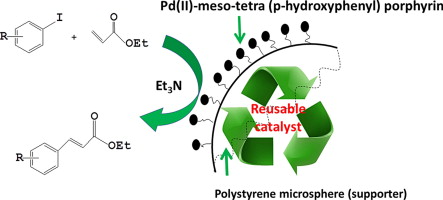- Volumes 84-95 (2024)
-
Volumes 72-83 (2023)
-
Volume 83
Pages 1-258 (December 2023)
-
Volume 82
Pages 1-204 (November 2023)
-
Volume 81
Pages 1-188 (October 2023)
-
Volume 80
Pages 1-202 (September 2023)
-
Volume 79
Pages 1-172 (August 2023)
-
Volume 78
Pages 1-146 (July 2023)
-
Volume 77
Pages 1-152 (June 2023)
-
Volume 76
Pages 1-176 (May 2023)
-
Volume 75
Pages 1-228 (April 2023)
-
Volume 74
Pages 1-200 (March 2023)
-
Volume 73
Pages 1-138 (February 2023)
-
Volume 72
Pages 1-144 (January 2023)
-
Volume 83
-
Volumes 60-71 (2022)
-
Volume 71
Pages 1-108 (December 2022)
-
Volume 70
Pages 1-106 (November 2022)
-
Volume 69
Pages 1-122 (October 2022)
-
Volume 68
Pages 1-124 (September 2022)
-
Volume 67
Pages 1-102 (August 2022)
-
Volume 66
Pages 1-112 (July 2022)
-
Volume 65
Pages 1-138 (June 2022)
-
Volume 64
Pages 1-186 (May 2022)
-
Volume 63
Pages 1-124 (April 2022)
-
Volume 62
Pages 1-104 (March 2022)
-
Volume 61
Pages 1-120 (February 2022)
-
Volume 60
Pages 1-124 (January 2022)
-
Volume 71
- Volumes 54-59 (2021)
- Volumes 48-53 (2020)
- Volumes 42-47 (2019)
- Volumes 36-41 (2018)
- Volumes 30-35 (2017)
- Volumes 24-29 (2016)
- Volumes 18-23 (2015)
- Volumes 12-17 (2014)
- Volume 11 (2013)
- Volume 10 (2012)
- Volume 9 (2011)
- Volume 8 (2010)
- Volume 7 (2009)
- Volume 6 (2008)
- Volume 5 (2007)
- Volume 4 (2006)
- Volume 3 (2005)
- Volume 2 (2004)
- Volume 1 (2003)
• A palladium(II) porphyrin complex was successfully immobilized on PMs surfaces.
• The Pd-MTP/PMs catalyst gave higher GC yield in Heck reaction of iodobenzene with ethyl acrylate.
• The catalyst showed better reusability with no Pd leaching in the Heck reaction.
A novel Heck reaction catalyst consisting of a palladium(II) complex of meso-tetra(p-hydroxyphenyl)porphyrin (MTP) and cross-linked chloromethylated polystyrene microspheres (PMs) was successfully prepared via covalent ether bonds between the chloride groups in the PMs and the hydroxyl groups in MTP. The catalyst was characterized using scanning electron microscopy, Fourier-transform infrared spectroscopy, and inductively coupled plasma atomic emission spectroscopy (ICP-AES). This polystyrene-supported palladium-complex was an efficient heterogeneous catalyst for cross-coupling of aryl iodides with ethyl acrylate. The reaction of iodobenzene and ethyl acrylate under N2 at 100 °C and a catalyst concentration of 0.1% gave a gas chromatography product yield of 99.8%, which is much higher than that achieved using a free palladium(II) complex of MTP as the catalyst (41.3%). The catalyst was recycled up to six times without significant loss of catalytic activity. These results suggest that the immobilized palladium(II)–MTP catalyst has potential applications in synthetic and industrial chemistry.

